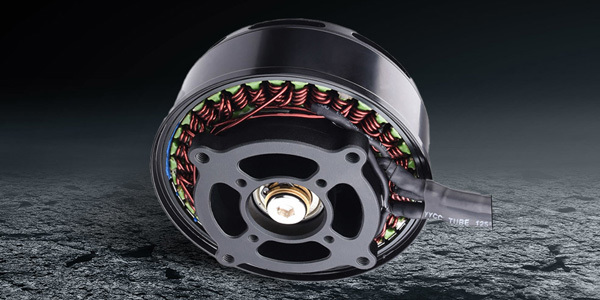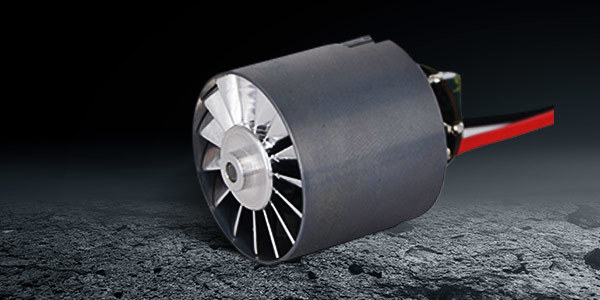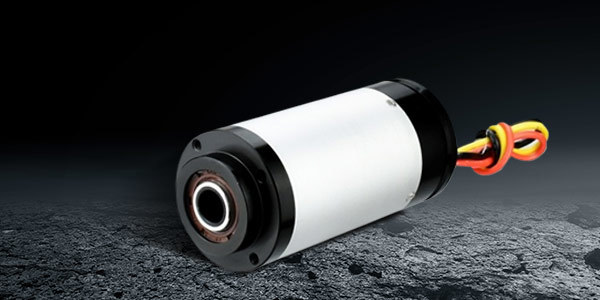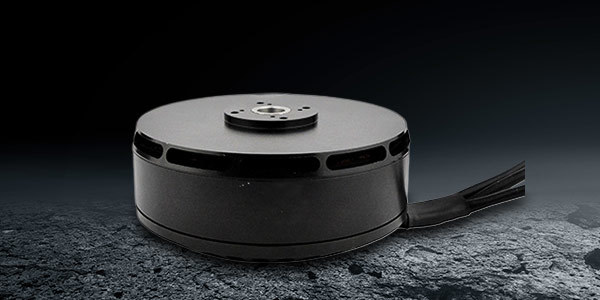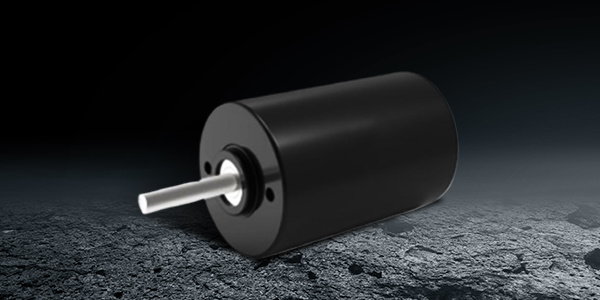Sep 11,2025
Unlocking the Potential of Industrial Brushless DC Motors: A Comprehensive Overview
Industrial brushless DC motors (BLDC) are increasingly becoming the preferred choice for various applications in the electrical and mechanical sectors due to their superior efficiency, reliability, and performance characteristics. Unlike traditional brushed motors, brushless designs eliminate the need for brushes, resulting in reduced maintenance requirements, longer lifespan, and enhanced operati
Industrial brushless DC motors (BLDC) are increasingly becoming the preferred choice for various applications in the electrical and mechanical sectors due to their superior efficiency, reliability, and performance characteristics. Unlike traditional brushed motors, brushless designs eliminate the need for brushes, resulting in reduced maintenance requirements, longer lifespan, and enhanced operational efficiency.
One of the critical advantages of industrial brushless DC motors is their high power-to-weight ratio. This characteristic allows them to deliver substantial torque while maintaining a compact size, making them ideal for applications where space is at a premium. Additionally, the absence of brushes not only lowers mechanical wear but also minimizes electromagnetic interference, which is crucial for sensitive environments.
Another noteworthy feature of industrial brushless DC motors is their precise speed and torque control. These motors typically incorporate advanced electronic controls, enabling seamless operation across a wide range of speeds and loads. This capability is particularly beneficial in applications that require dynamic adjustments, such as robotics, conveyor systems, and various automated machinery.
Energy efficiency is a significant aspect of industrial brushless DC motors. Due to their design, these motors can achieve efficiencies exceeding 90%, which translates to lower energy consumption and operating costs over time. This is particularly advantageous for companies aiming to reduce their carbon footprint and operational expenditures.
The versatility of industrial brushless DC motors extends to their diverse applications. They are commonly utilized in sectors such as manufacturing, automotive, aerospace, and consumer electronics, powering everything from electric vehicles to high-precision CNC machines. Their ability to operate in harsh environments, coupled with their robust construction, makes them suitable for outdoor and industrial settings.
In terms of installation and integration, industrial brushless DC motors can be paired with various control systems to create a sophisticated drive setup. This flexibility enables engineers to customize motor performance to meet specific operational requirements. Additionally, the ability to integrate feedback systems allows for real-time monitoring and adjustments, further optimizing performance.
In conclusion, industrial brushless DC motors offer a multitude of advantages, including enhanced efficiency, reliability, and control. Their growing popularity in various applications underscores their importance in modern industrial practices. For professionals in the electrical and mechanical industries, understanding the functionalities and benefits of these motors is essential for leveraging their capabilities to improve system performance and operational efficiency.
One of the critical advantages of industrial brushless DC motors is their high power-to-weight ratio. This characteristic allows them to deliver substantial torque while maintaining a compact size, making them ideal for applications where space is at a premium. Additionally, the absence of brushes not only lowers mechanical wear but also minimizes electromagnetic interference, which is crucial for sensitive environments.
Another noteworthy feature of industrial brushless DC motors is their precise speed and torque control. These motors typically incorporate advanced electronic controls, enabling seamless operation across a wide range of speeds and loads. This capability is particularly beneficial in applications that require dynamic adjustments, such as robotics, conveyor systems, and various automated machinery.
Energy efficiency is a significant aspect of industrial brushless DC motors. Due to their design, these motors can achieve efficiencies exceeding 90%, which translates to lower energy consumption and operating costs over time. This is particularly advantageous for companies aiming to reduce their carbon footprint and operational expenditures.
The versatility of industrial brushless DC motors extends to their diverse applications. They are commonly utilized in sectors such as manufacturing, automotive, aerospace, and consumer electronics, powering everything from electric vehicles to high-precision CNC machines. Their ability to operate in harsh environments, coupled with their robust construction, makes them suitable for outdoor and industrial settings.
In terms of installation and integration, industrial brushless DC motors can be paired with various control systems to create a sophisticated drive setup. This flexibility enables engineers to customize motor performance to meet specific operational requirements. Additionally, the ability to integrate feedback systems allows for real-time monitoring and adjustments, further optimizing performance.
In conclusion, industrial brushless DC motors offer a multitude of advantages, including enhanced efficiency, reliability, and control. Their growing popularity in various applications underscores their importance in modern industrial practices. For professionals in the electrical and mechanical industries, understanding the functionalities and benefits of these motors is essential for leveraging their capabilities to improve system performance and operational efficiency.
Previous: What Makes High Torque Brushless Motors Stand Out in the Market?
Next: Exploring the Benefits and Applications of High Torque Brushless DC Motors

